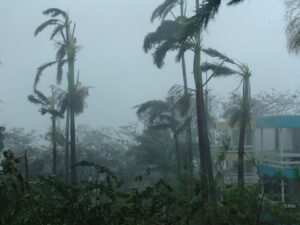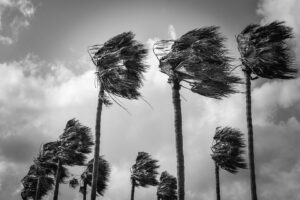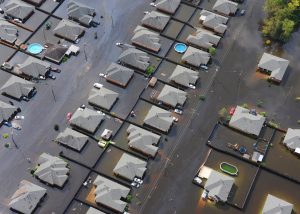 Courtesy of iii.org
Courtesy of iii.org
Following a hurricane or other disaster, getting back to normal can take some time. To assist in the recovery process, the Triple-I has compiled useful information around post-disaster safety and insurance coverage questions, with detailed guidance on how to file a claim.
https://www.iii.org/article/background-on-hurricane-and-windstorm-deductibles
https://www.iii.org/article/background-on-insurance-fraud#Catastrophe-related
https://www.iii.org/article/boat-insurance-and-safety
https://www.iii.org/article/do-i-need-flood-insurance-for-my-home
https://www.iii.org/article/does-my-business-need-flood-insurance
https://www.iii.org/article/environmental-liability-insurance
Safety and resources for recovery
Following a hurricane, new perils brought by the storm can pose risks. And if you have evacuated, it might not be safe to go back home. The following articles provide information and guidance to keep you and your loved ones safe in the aftermath.
https://www.iii.org/article/florida-recovery-resources
https://www.iii.org/article/frequently-asked-questions-about-fema-disaster-assistance
https://www.iii.org/article/health-safety-following-a-flood
What does insurance cover?
In the aftermath of a hurricane or natural disaster, policyholders may have questions about the insurance process, including what is covered and what isn’t. Here are some answers to many of these common questions about home, auto, flood and other coverages.
https://www.iii.org/article/understanding-the-insurance-claims-payment-process
https://www.iii.org/article/understanding-your-insurance-deductibles
https://www.iii.org/article/what-covered-basic-auto-insurance-policy
https://www.iii.org/article/what-covered-standard-homeowners-policy
https://www.iii.org/article/what-public-adjuster
Claims
After a disaster, you want to get back to normal as soon as possible, and your insurance company wants to help. You may get multiple checks from your insurer as you make temporary repairs, permanent repairs and replace damaged belongings. Here’s what you need to know about claims payments, including how to file a claim, what to expect during the process, and detailed explanations of what hurricane deductibles are, and how they work.
https://www.iii.org/article/how-settlement-amount-determined
https://www.iii.org/article/how-to-file-a-homeowners-claim
https://www.iii.org/article/hurricane-insurance-and-recovery-resources
https://www.iii.org/article/hurricane-insurance-faq
https://www.iii.org/article/infographic-how-to-file-a-flood-insurance-claim
https://www.iii.org/article/infographic-hurricane-deductibles
https://www.iii.org/article/insuring-co-op-or-condo
https://www.iii.org/article/is-food-spoilage-covered
 Courtesy of
Courtesy of 
